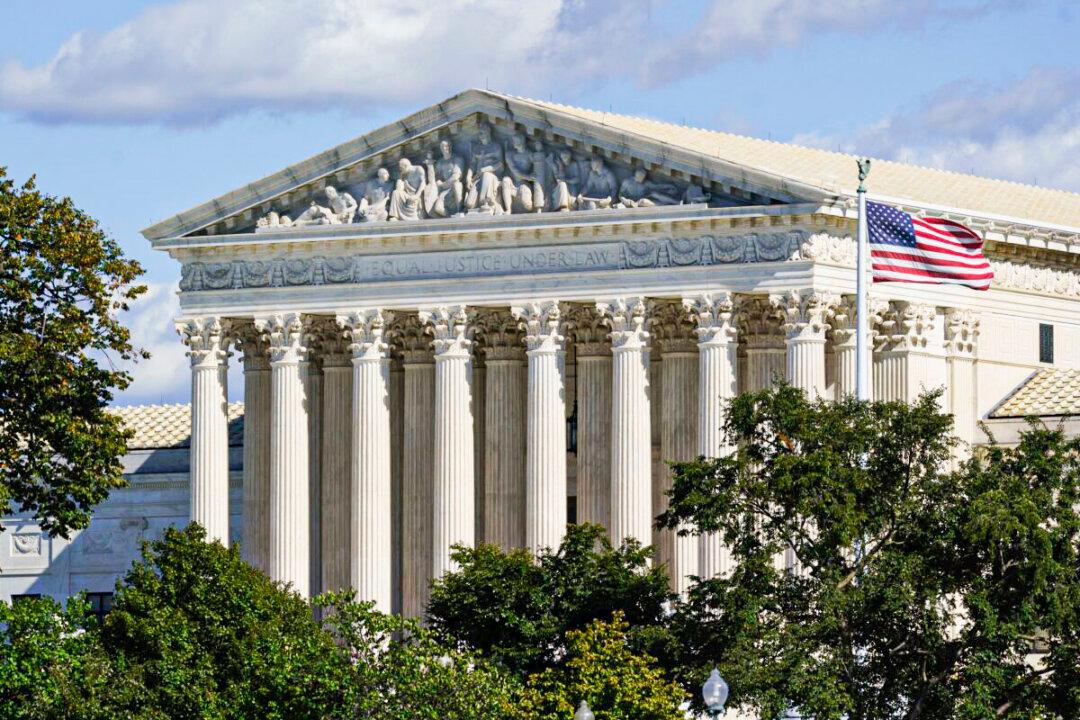The Supreme Court on Friday ruled that a challenge to an abortion ban in Texas can move forward, though justices said the law can remain in place for now.
Texas in September imposed one of the strictest bans in the nation, prohibiting abortions in many cases after an unborn baby’s heartbeat is detected.





